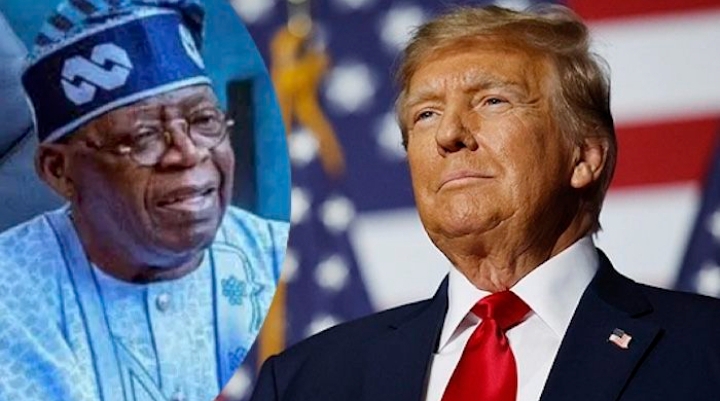Nigeria is set to face a 15% tariff on its exports to the United States following the launch of a global trade war by U.S. President, Donald Trump. This new policy is part of Trump’s broader strategy to impose tariffs on imports from various countries, including Nigeria, in a bid to protect domestic industries.
The new tariff structure sets a baseline 10% duty on all imports into the U.S., along with additional specific tariffs targeting certain products and countries. For Nigeria, this means a 15% tariff will be levied on its exports to the U.S., impacting sectors that rely heavily on American markets.
The full list of affected countries includes both major economies and smaller nations. Here are some key countries and their respective tariffs:
- Afghanistan: 15%
- Algeria: 30%
- Angola: 15%
- Bangladesh: 20%
- Brazil: 50%, with exceptions for specific products
- China: 30%, with additional tariffs on certain products (extended for another 90 days)
- European Union: 15% on most goods
- India: 25%, with an additional 25% increase set for August 28
- Mexico: 25% on products not covered by the USMCA agreement
- Nigeria: 15%
- South Africa: 30%
- Turkey: 15%
Countries like Canada and the United Kingdom are also facing tariffs, with the U.K. seeing a 10% levy, though certain auto and metal imports are exempt.
The tariffs, which also target countries like Pakistan, Sri Lanka, and Tunisia, have already raised concerns globally, with critics arguing that these trade measures could lead to rising prices and strained international relations. For Nigeria, the new tariff could complicate trade with one of its key international partners, threatening the competitiveness of Nigerian goods in the U.S. market.
This policy shift is expected to influence global trade dynamics, with many countries now adjusting their strategies in response to the U.S.’s aggressive trade stance.

